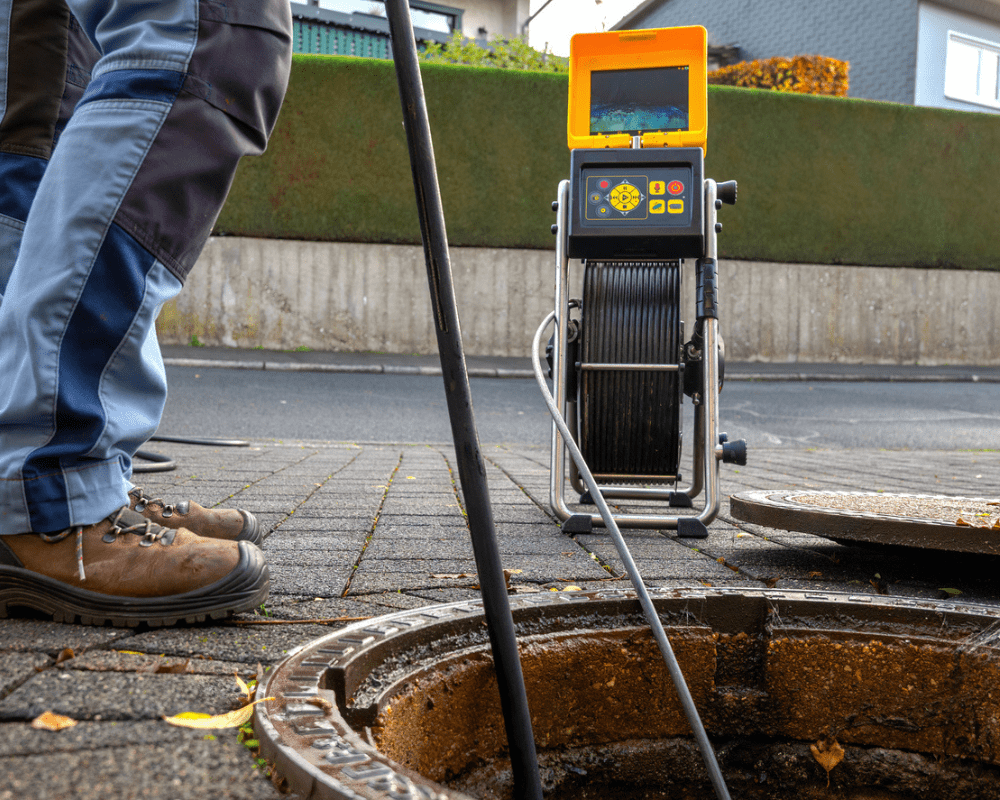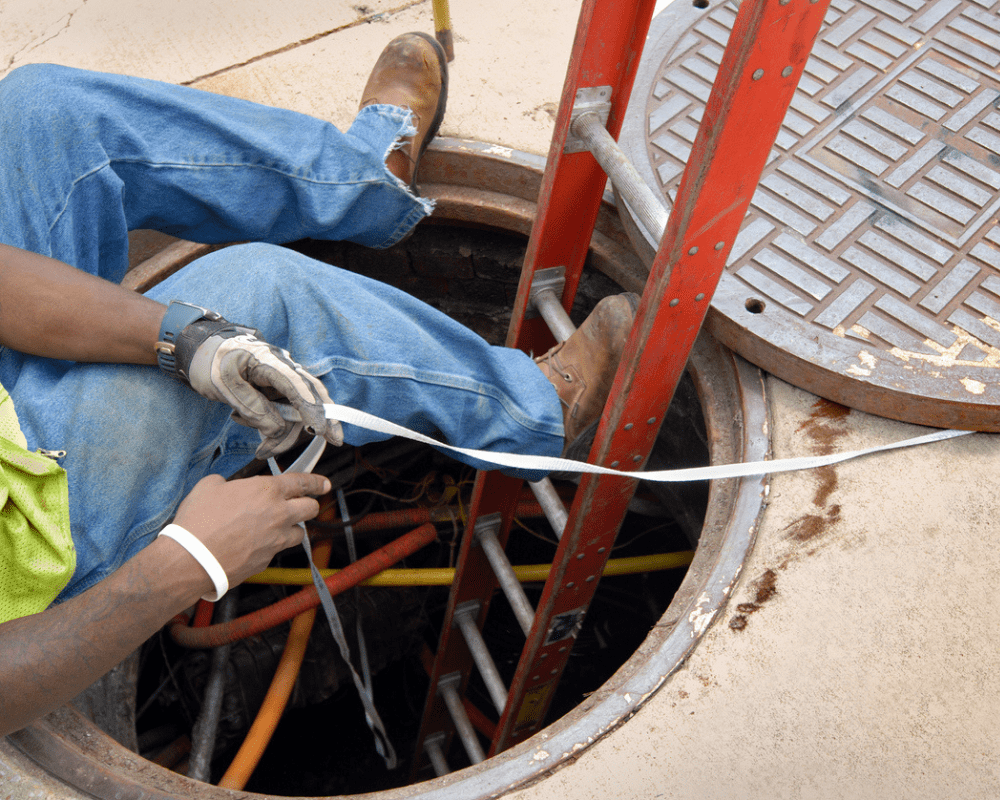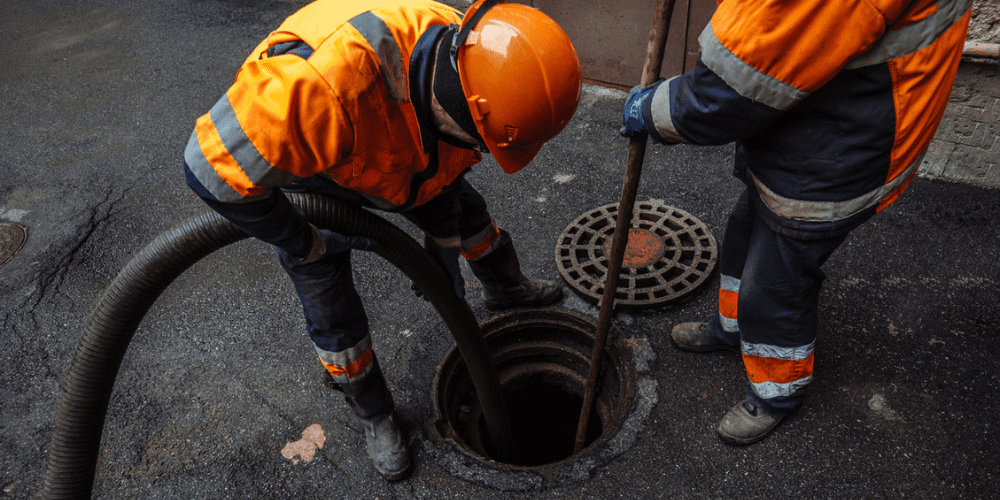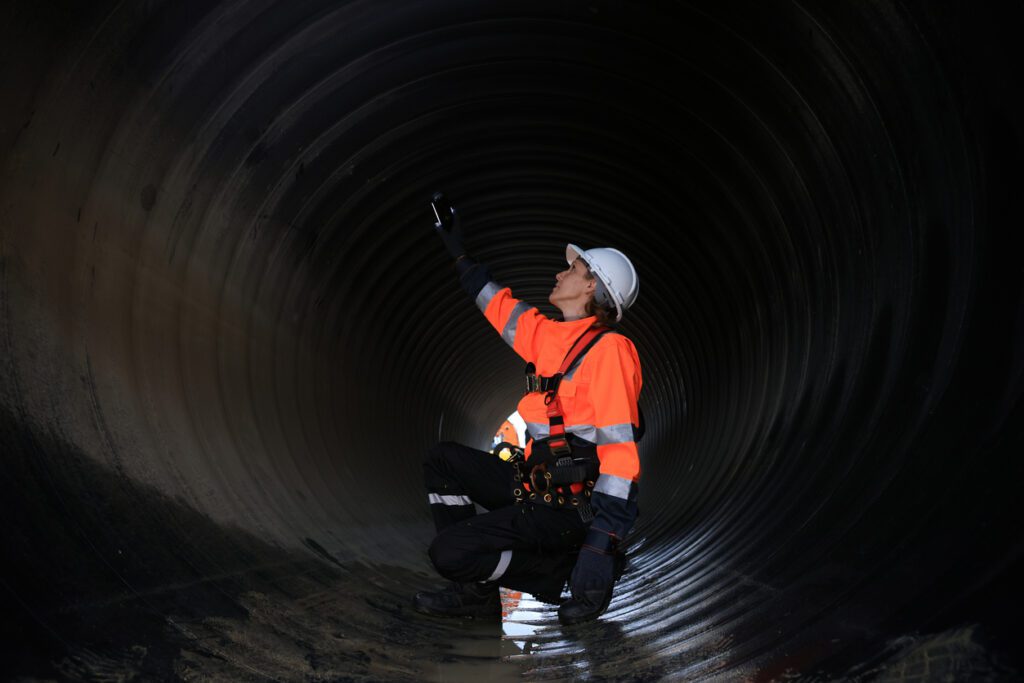SHEA Drains & Sewers
Below you can view the currently scheduled available dates for this training:
SHEA Drains and Sewers training from Jason Rowley Ltd gives you the recognised qualification required for working in the sewers, drainage systems, and wastewater environments across the UK. This course supports individuals and businesses operating in sewer and drain roles who require safe access to operational sites under the EUSR scheme.
If you work with drains and sewers, whether on domestic, commercial, or infrastructure projects, this training ensures you meet industry standards, understand your responsibilities, and operate safely within sewerage systems owned by water and sewerage companies or local authorities.
SHEA Drains and Sewers is an EUSR-recognised safety, health and environmental awareness course designed specifically for people working in the sewers or involved in sewer and drain activities. It applies to those accessing public sewer networks, private sewer systems, lateral drains, and unadopted sewer infrastructure.
The course provides a consistent, industry-approved approach to safety and environmental awareness for individuals working across sewerage systems, drainage systems, and wastewater networks. It supports compliance with safety executive guidelines and helps clarify responsibilities when working at or beyond the property boundary.
The SHEA Drains and Sewers scheme comprises eight modules, combining six core modules applicable across utility industries with two specialist modules focused on sewer and drain environments.
The course supports workplace practice by covering:
All eight modules are designed to provide evidence that individuals have achieved an appropriate level of understanding, behavioural awareness, and technical competence.

This course is essential if your role involves sewer and drain work or access to sewer services, including work that carries wastewater away from buildings and other structures.
SHEA Drains and Sewers training is suitable for professionals working with:
It is commonly required by water and sewerage companies, local water companies, and contractors working on sewer services at construction sites, highways, or other operational environments.
Working in the sewers involves exposure to wastewater, confined spaces, blockages, and systems that carry waste from toilets, buildings, and other properties. Poorly maintained pipes, aging construction, and restricted access points increase safety risks.
This training addresses how sewer services operate, how drains lead into wider sewerage systems, and how to work safely within reasonable condition standards. You’ll learn how to identify hazards, manage risks, and follow safe systems when accessing drains and sewers in both public and private environments.


We deliver SHEA Drains and Sewers training through flexible formats to suit individuals and businesses across the utilities sector.
The course is available via live virtual classroom delivery or in-person training, subject to availability and group size. Results are issued promptly following assessment.
Course duration options include a full one-day course, half-day renewal, or a shorter module-only option where applicable. Successful completion leads to EUSR SHEA Drains registration.
Assessment is completed through a structured knowledge check aligned with the EUSR standard. Upon successful completion, delegates receive an EUSR card confirming SHEA Drains and Sewers registration, supporting access to operational sites and compliance with industry requirements.
This registration demonstrates that you are fully trained to work safely within sewer and drain environments and that your knowledge meets the standards required by water and sewerage companies, local authorities, and principal contractors.

Modules | Course Content | |
1 | Understanding our workplace responsibilities | Underpinning legal frameworks, definitions, and their application in the workplace setting, including the responsibilities for both the individual (as an employee) and the employer. |
2 | Understanding the effects of our work on the environment | Key environmental considerations in the workplace, and their impact as employees, on the sustainability of their environment. |
3 | Identifying and controlling risks | Helps the individual to identify and control risks and hazards and understand their role in preventing them through a range of positive and proactive health and safety behaviours. |
4 | Common hazards and controls in the workplace | Develops the ability to both identify a range of common physical hazards and minimise their impact in the workplace, in line with CSCS requirements. |
5 | Occupational health hazards | Explains the meaning of the term ‘occupational health’ and develop the individual’s understanding of a range of occupational health hazards and their requirements. It helps individuals identify, mitigate for and minimise occupational health hazards in the workplace. |
6 | Responding to emergencies | Develops individuals’ understanding of emergency response behaviours, the role of reporting, inspection, and enforcement of health & safety in the workplace. It also develops an individual’s understanding of the impact on employee and employer of both poor/improving health and safety in the workplace. |
12 | Drains and Sewers | Understanding of the requirements for safe working in drains and sewers. It focuses on the known risks when working with drains and sewers, of confined space working and its associated risks, the requirements for using different cleaning methods, and transferring and disposing of waste correctly. |
13 | Highway working and excavations (Drains & Sewers) | Understanding of the processes and procedures required to work in the highway; this includes both public and private environments and creating a safe working environment through the application of safe systems of work in order to avoid other utility services. The individual will understand what to do in the case of an emergency. |
Jason Rowley Ltd is trusted by utility businesses and drainage contractors across the UK to deliver compliant, industry-led training. Our courses are delivered by experienced trainers with real-world expertise in sewer services, drainage systems, and utilities work.
We support businesses by reducing risk, improving safety standards, and ensuring teams are trained correctly the first time. Our approach helps avoid costly delays, non-compliance, and unsafe practices when working in the sewers.
If you or your team require recognised training for working in the sewers, Jason Rowley Ltd provides a clear, compliant route to certification. Whether you operate within public sewer systems, private drains, or unadopted sewer networks, this course supports safe access and responsible working practices.
Contact our team today to discuss availability, group bookings, or bespoke delivery options. We can also provide SHEA Cross Country Pipelines and SHEA Waste and Resources Management.
Available dates for our courses are available here. For other courses and dates not listed, please contact us directly to arrange a suitable date.
Once you have completed a registration form you will receive an invite with instructions on how to join the course.
You can pay for your course(s) online or by card. If you’d prefer to pay by card, please get in touch.
In the first instance you need to contact the team. Depending on when your course is booked for there may be a cancellation fee. If you are due a refund money will be transferred back to you via the original method of payment.
Please get in touch and if we have availability on your preferred date, we can arrange that. There will be an amendment fee £50.
The Energy & Utility Skills Register (EUSR) is the online register of training and skills for the energy and utilities industries. This organisation is the awarding body for our courses.
Please feel free to get in touch if you can’t find the answer to your question.